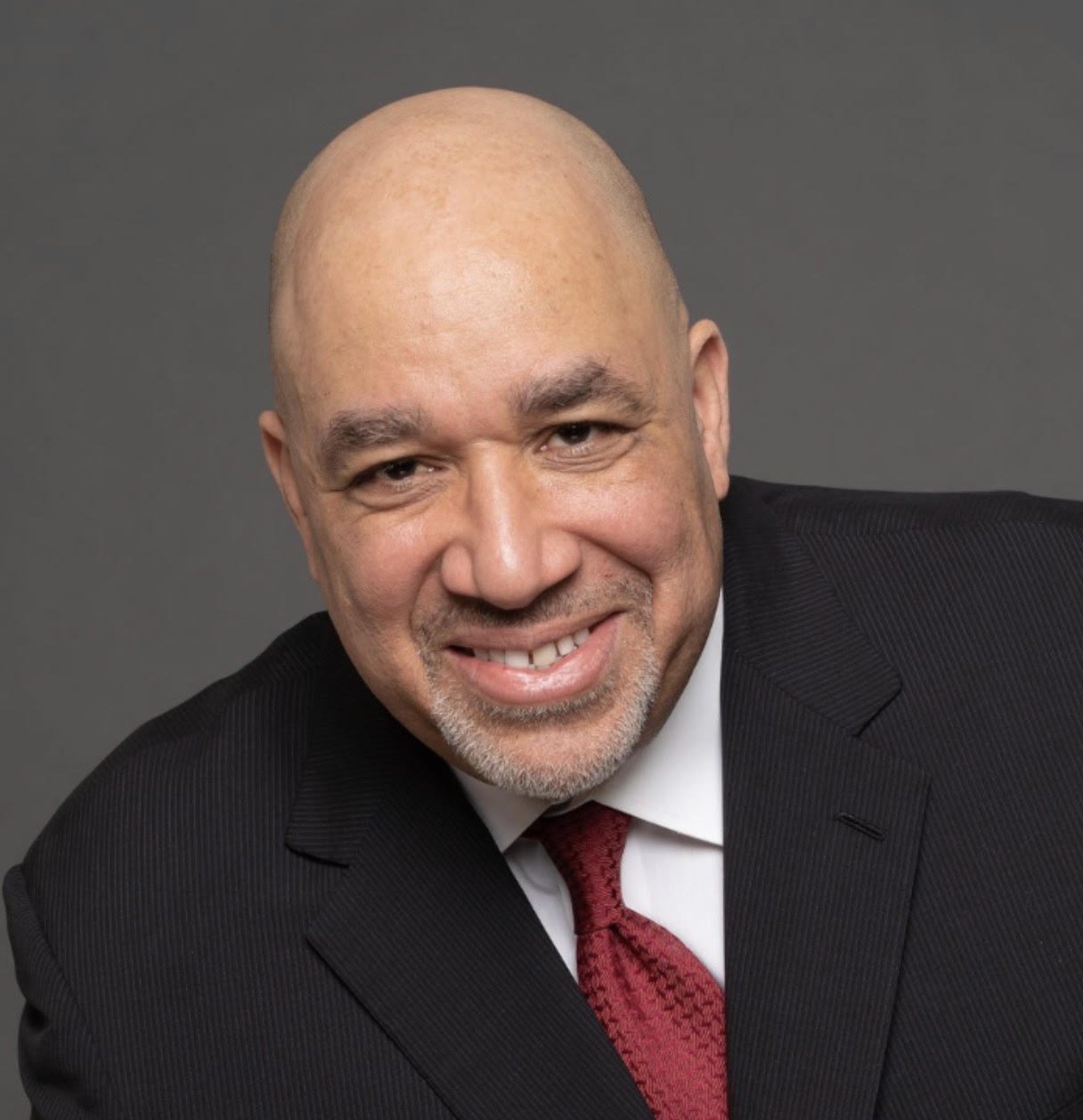Civil Court Countywide Philip F. Grant
1. What is your current position/law practice? If you are presently a judge, what did you do prior to becoming a judge?
I currently work as the Principal Law Clerk to the Hon. Larry Martin, who is assigned to the Commercial Division of the Kings County Supreme Court.
2. Why are you qualified to be a judge?
Over my 36-year legal career, I have spent roughly equal time in private and public practice. As a private practitioner, I worked both in large firms and as a solo practitioner representing individuals, corporations, and in one instance an embassy, in a myriad of practice areas. My public practice experience includes working with the NYS Attorney General’s Office, Brooklyn Division and as a court attorney for judges sitting in the Civil Court, Family Court and Supreme Court here in Brooklyn. I have had the privilege of being on both sides of the bench, as a litigator and as the person helping jurists manage their caseloads and draft decisions. I have the experience, competence and temperament to serve as Brooklyn’s next Civil Court Judge.
3. Please list your current endorsements and judicial screening results.
I have been endorsed or found qualified by the following people/organizations:
· Central Brooklyn Independent Democrats
· Jim Owles Liberal Democratic Club
· Independent Neighborhood Democrats
· Kings County Democratic Executive Committee (Judicial Screening Committee)
· Hon. Henry Butler
· Seamus Campbell
· Hon. Bobby Carroll
· Hon. Brian Cunningham
· Hon. Jennifer Faucher
· Hon. Lori Knipel
· Hon. Walter Mosley
· Hon. Roxanne Persaud
· Hon. Brad Reid
· Hon. Douglas Schneider
· Hon. Jo Anne Simon
· Hon. Frank Seddio
· Hon. Nydia Velázquez
· Hon. Jaime Williams
I was approved by a subcommittee of the Brooklyn Bar Association, but the full judicial screening committees of the NYC Bar Association and Brooklyn Bar Association declined to endorse. I have submitted an application for a rehearing and am currently awaiting the outcome.
4. What interventions and resources are required to ensure that all judges and court personnel competently and respectfully serve and work with the LGBTQ community? What steps will you take to secure the necessary resources to implement the interventions?
I believe that regular, mandatory HR trainings and independent judicial action are required to ensure that all judges and court personnel competently and respectfully serve and work with the LGBTQ+ community. If elected, I would commit to working with LID and other organizations, together with the Office of Court Administration and its subcommittees, to secure feedback to develop and implement any necessary interventions and policies.
5. How will you commit to ensuring that preferred pronouns and gender identity are respected in your courtroom and on documents prepared by litigators and the court?Every person engaging the court system should feel like it is a safe space where they are treated with dignity and respect. To aid in ensuring that people’s gender identities and preferred pronouns are respected, I would ask for business cards from attorneys and litigants (blank cards to be provided as needed) at the start of each appearance with a space for them to include their preferred pronouns. In decisions, I strive to use gender neutral language to refer to parties, i.e., plaintiff and defendant as opposed to Mr. or Ms. X, to avoid misgendering individuals. Finally, I think the best way to ensure that people feel respected in my courtroom is to be open to feedback. I hope to continue working with organizations such as LID and LeGaL to develop policies that promote respect and dignity for all court users.
6. Will you commit to appearing before the LGBT Bar Association (“LeGal”) judicial screening panel? Do you understand that this club may rescind your endorsement for failure to appear or receiving a non-qualified rating from the association?
Absolutely.

